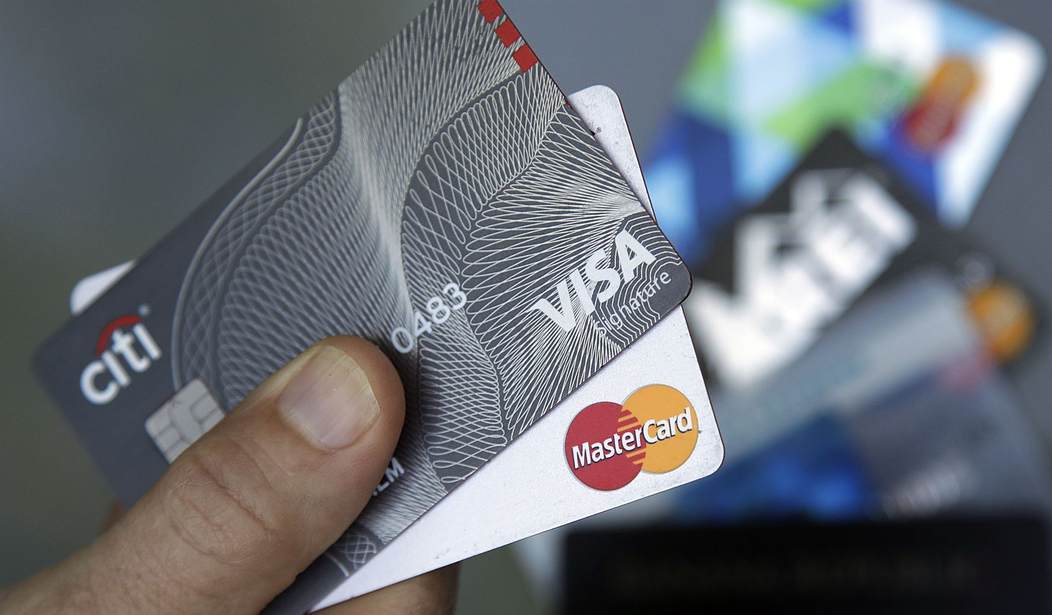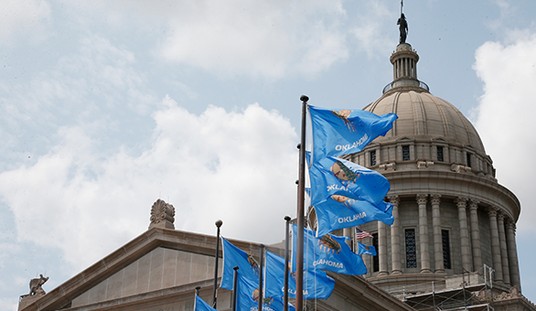That is one bold claim, but does California Attorney General Rob Bonta have any evidence whatsoever to back it up? After all, even credit card companies like Visa are on the record as saying that the new merchant category code for firearm retailers won’t thwart crimes and, frankly, aren’t designed for that purpose to begin with.
Bonta sees things differently, though his argument doesn’t really stand up to scrutiny. Let’s take a look at his claims, which came as part of an official press release from his agency.
First, Bonta (and other anti-gun AGs like New York’s Letitia James) argue that the new MCC will “help fill the gap in information caused when retailers fail to report the sale of two or more firearms to the same person at one time.” How exactly will the new codes do that, given that the individual transactions are not recorded by the MCC. As Visa explained in their recent statement, “We have no visibility into what items a consumer is purchasing — this is true irrespective of which MCC applies to a merchant.” That means that credit card companies won’t know whether or not someone is buying a $1,500 rifle or three $500 handguns, and it makes Bonta’s first talking point a great big lie.
Next Bonta claims that the new codes “enable financial institutions to track multiple sales to an individual trying to evade scrutiny by purchasing firearms at multiple outlets.” How so? Again, the MCCs don’t detail what exactly is being purchased at any given gun store, so the only thing that a particular credit card company would be able to identify is that a customer used their credit card at more than one firearm retailer. That’s not evidence of suspicious activity in and of itself, though it’s certainly telling that Bonta himself believes that to be something that should be reported by credit card companies.
Bonta then argues that the new codes will “allow financial institutions and law enforcement to analyze transaction patterns associated with mass shootings by individuals who have rapidly acquired weapons and large caches of ammunition,” which raises a whole host of other questions. For instance, is there a recognizable pattern of purchases among those who go on to commit active shooting attacks? In many cases the cowardly killer purchased just one firearm, and that purchase often took place months or years before they carried out their attack. Again, though, these new MCC’s won’t tell credit card companies what was being bought at a gun store, simply that a transaction of “x” amount took place, which makes Bonta’s assertion that credit card companies will be able to suss out transaction patterns associated with incredibly small number of individuals who went on to commit mass shootings downright ludicrous.
Bonta saved his most ridiculous assertion until last, however; claiming that the codes will also somehow “supplement red flag laws that states have enacted to curb domestic terrorism and keep communities safe” and again offering up absolutely no evidence for his nonsensical prediction. “Red flag” laws are predicated on the idea that a judge can determine whether or not someone is a danger to themselves or others, and if so, “temporarily” take away any guns they own while denying them their right to legally purchase more. Could a transaction history alone at a gun store be evidence of a future crime? Again, not according to the credit card companies themselves.
I don’t think Bonta is simply talking out of his rear end, however. Instead, I believe that he and the other anti-gun AGs spouting identical talking points are tipping their hand towards their next demand; requiring these companies to identify and record the details of all transactions using the “firearm retailer” merchant category code. You can already predict their argument; “while this new MCC is an important step towards identifying dangerous individuals, it doesn’t go far enough. In order to protect the public, we need to give these corporations the tools they need to conduct the kind of detailed analysis that will allow law enforcement to take action before a mass shooting takes place.”
Even that Orwellian step wouldn’t actually enable police to prevent a mass shooting before it took place, because as I mentioned above there is no predictive pattern of gun sales when it comes to those who plan and carry out these attacks, as Dr. John Lott and Rep. Thomas Massie recently pointed out in a piece at Newsweek.
Given that gun buyers who use credit cards have already passed background checks to see if they can legally buy guns, what “suspicious” activities could credit card companies possibly look for? Is buying two or three guns evidence of suspicious activity? The majority of mass public shootings since 1998 only used one gun. Do you look for people who buy AR-15s, America’s most popular rifle? Put aside that even the Associated Press now recognizes that these aren’t “weapons of war” and are no different than other hunting rifles, only rarely do mass public shootings involve rifles and no other type of firearm.
Should we be suspicious if someone purchases a couple hundred rounds of ammunition? People can easily use that many rounds at a shooting range in an afternoon.
Those are legitimate questions, but I don’t think that Bonta or his anti-gun allies can provide any real answers because this isn’t their true end game. It’s just a pit stop on the road to a piecemeal gun registry run and established by credit card companies or (better yet in the eyes of the gun control lobby) the financial services industry deciding it’s simply too risky to continue to business with gun makers and firearms retailers.









